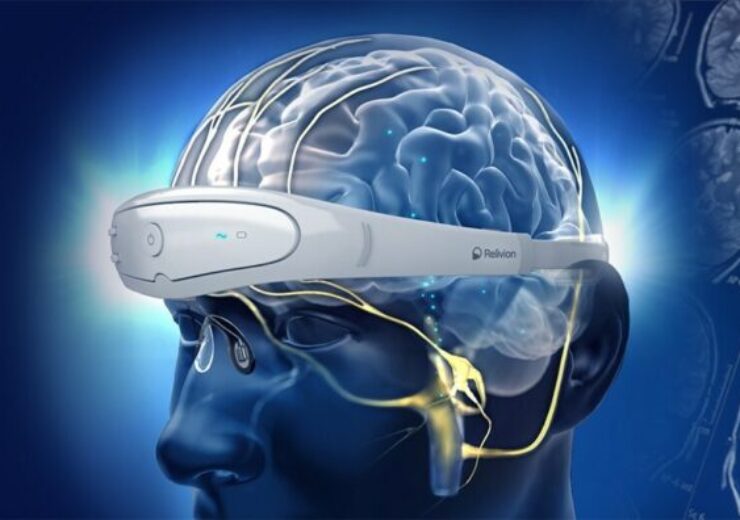The study’s data monitoring committee recommended that patient enrolment be continued up to the final planned sample size based on data from 80% of the initially planned trial sample size

Relivion DP is intended to be a neuromodulation therapy. (Credit: PR Newswire/Neurolief Inc.)
Medical neurotechnology firm Neurolief announced that its Relivion DP neuromodulation therapy has shown positive early results in the MOOD trial in major depressive disorder (MDD) patients.
The Relivion DP is a neuromodulation system intended for the treatment of depression for which it has a breakthrough device designation in the US.
The findings from the planned interim analysis of the ongoing randomised controlled MOOD trial were reviewed by the study’s independent data monitoring committee (DMC).
The committee analysed statistical findings from a pre-planned efficacy and safety interim analysis.
It recommended that patient enrolment be continued up to the final planned sample size based on data from 80% of the initially planned trial sample size. The DMC found the interim results to be positively favourable.
After the final patient finishes the treatment protocol, which is anticipated in the second quarter of 2024, the full study results will be made public and submitted to the US Food and Drug Administration (FDA) and CE.
The first patient of the MOOD trial was enrolled in September 2021.
Neurolief CEO Scott Drees said: “MDD is a debilitating condition of epidemic proportion with severe negative impact on patients and humanity. Making this new promising therapy available is a top priority for Neurolief.
“It has the potential to be life-changing for treatment resistant depression (TRD) patients whose symptoms do not sufficiently improve with antidepressant medications. We can now progress toward making Relivion DP available to the millions of patients in desperate need.”
The MOOD clinical trial is a prospective, multi-centre, placebo-controlled, double-blind clinical study that is being conducted in 12 clinical sites across the US and one in Israel.
The primary endpoint of the study is to see how depression symptoms change in patients with major depressive disorder who did not improve enough with previous antidepressant medications. They will be compared to a control group, and the assessment will take place from the start of the treatment until eight weeks later, using RelivionDP.
Relivion DP is designed to be worn by the patient on their head to receive treatments like a headset. The device uses three adjustable output channels to send small electrical pulses to the brainstem through six occipital and trigeminal nerve branches.
